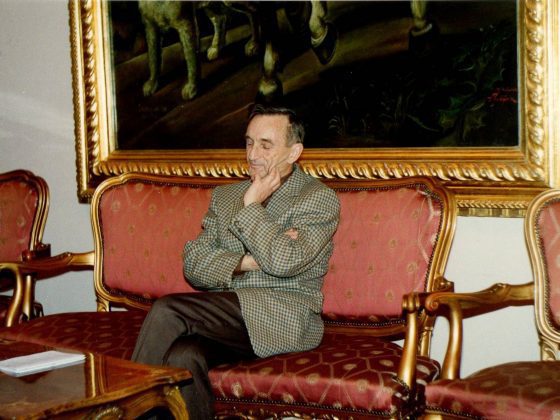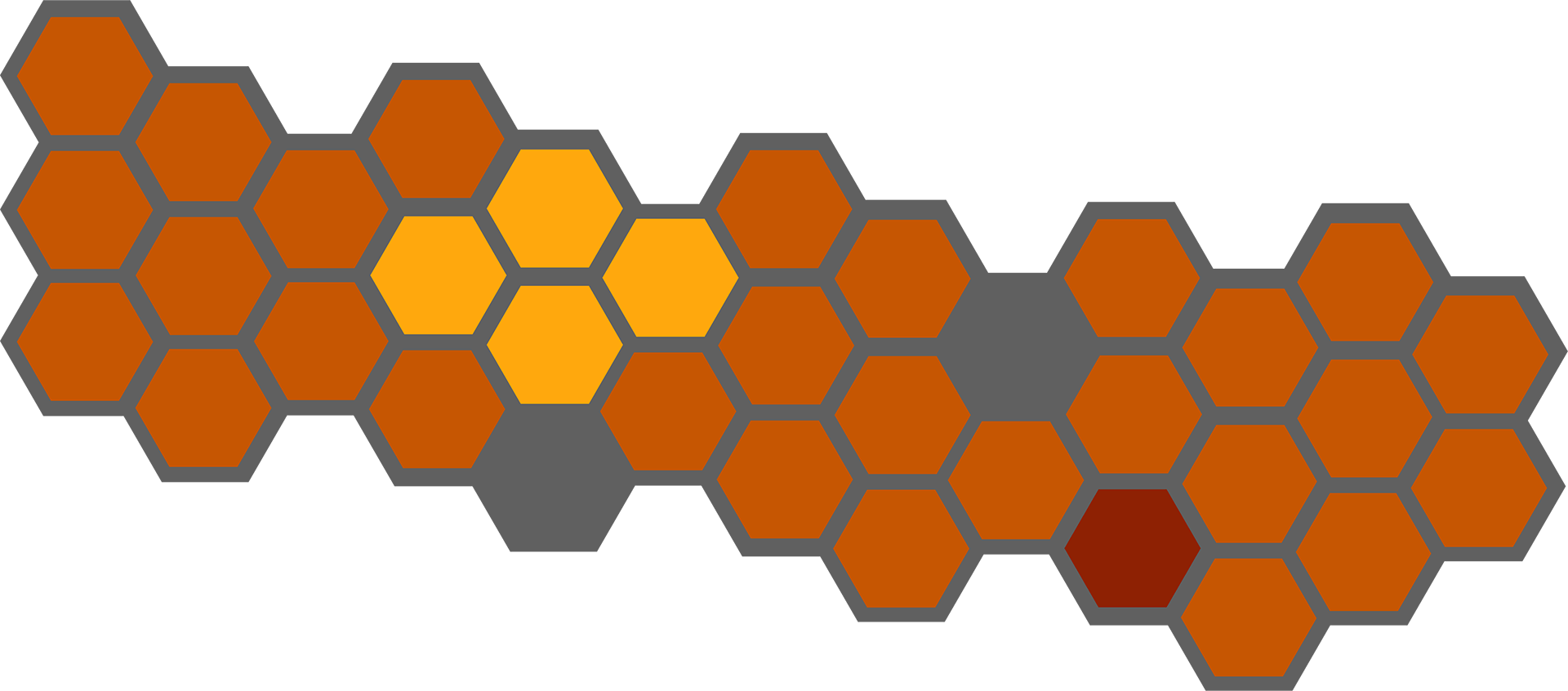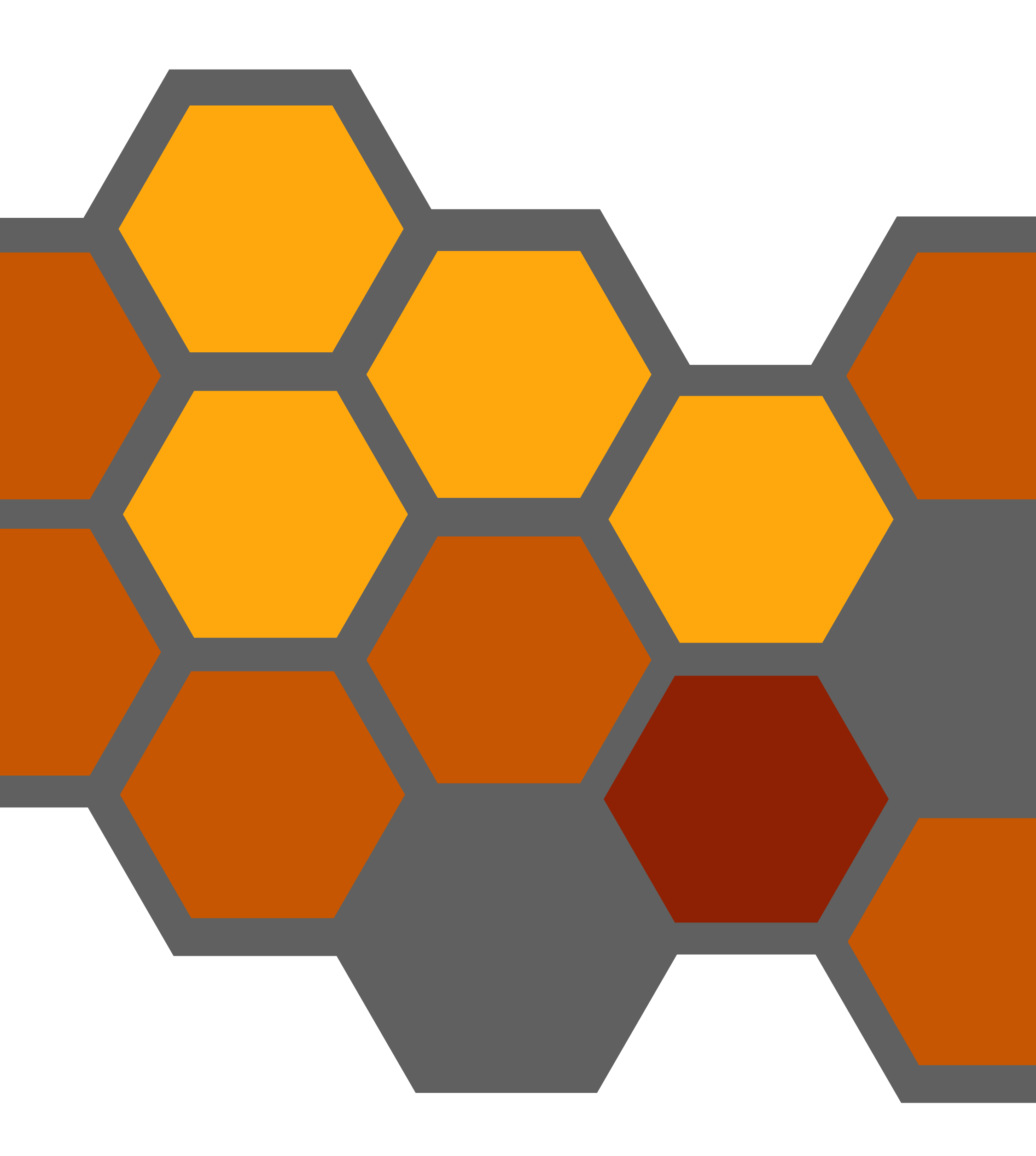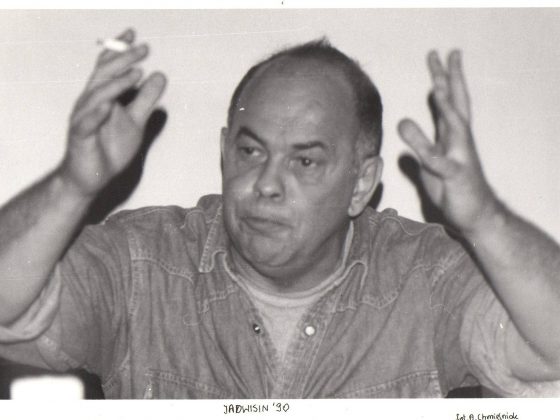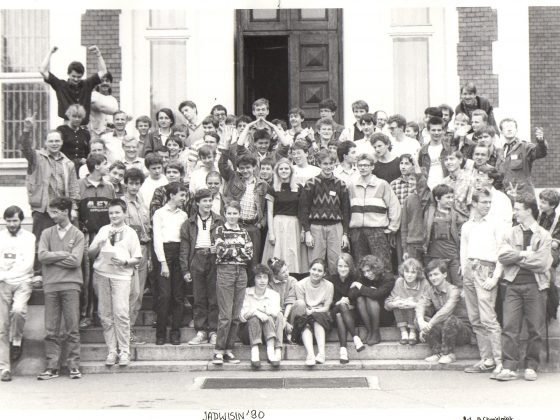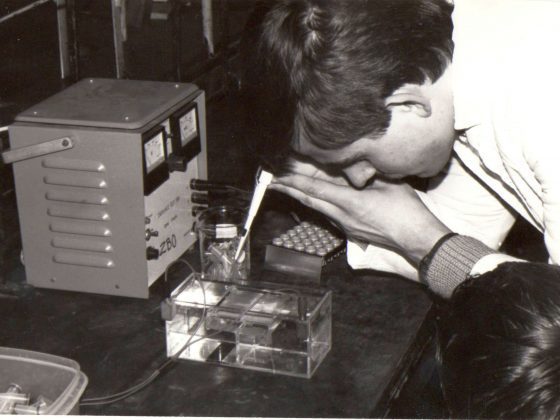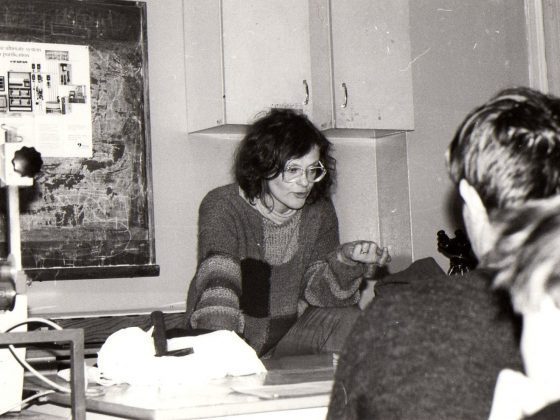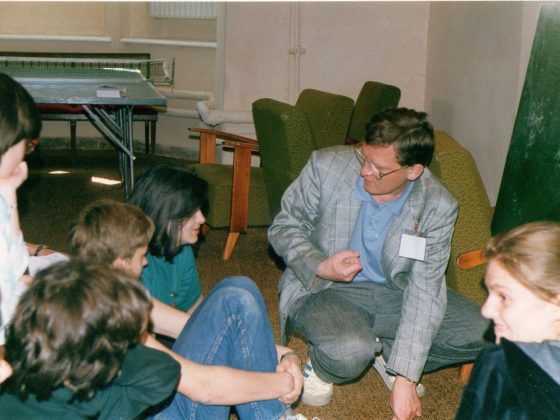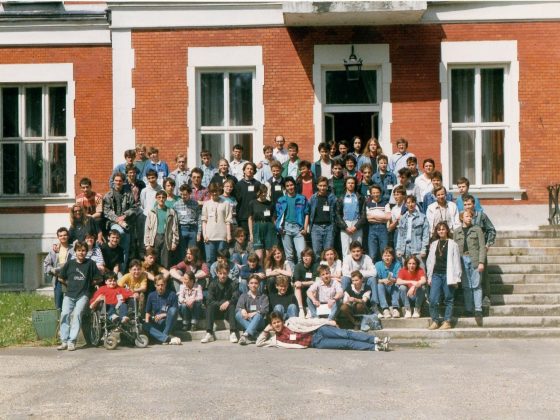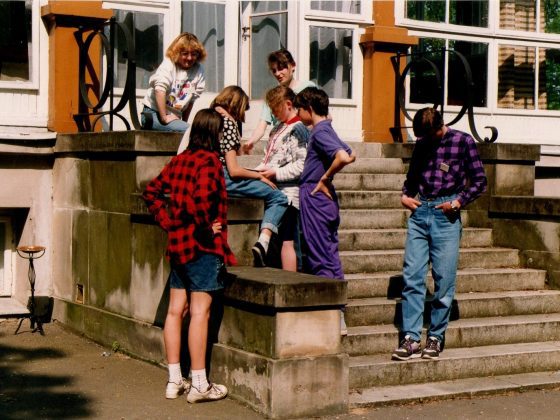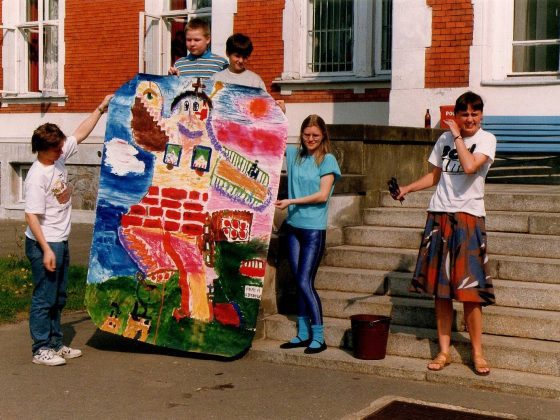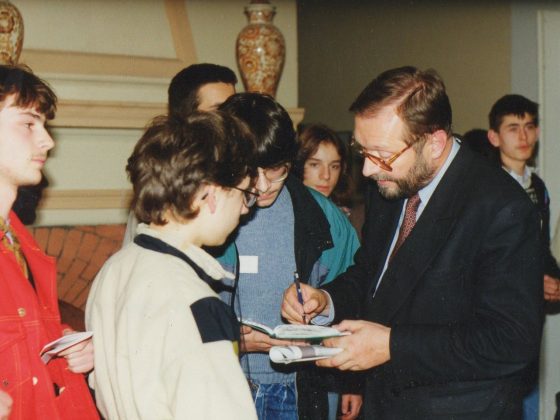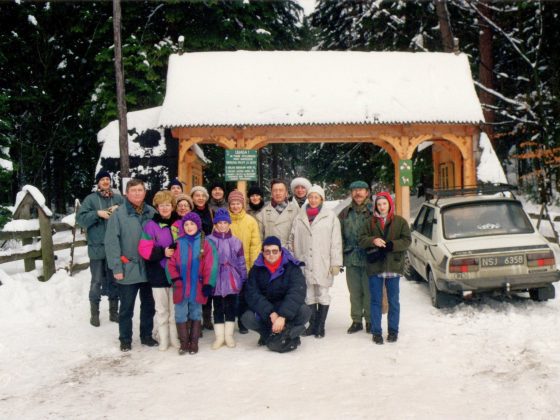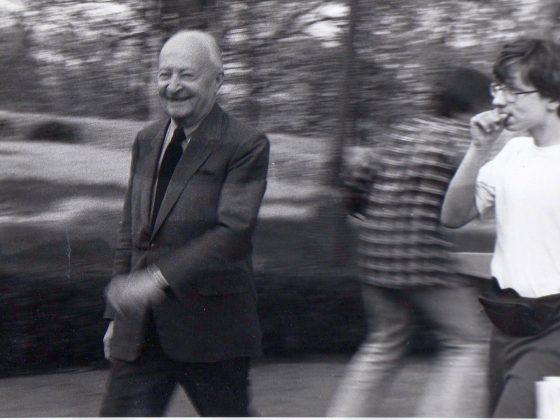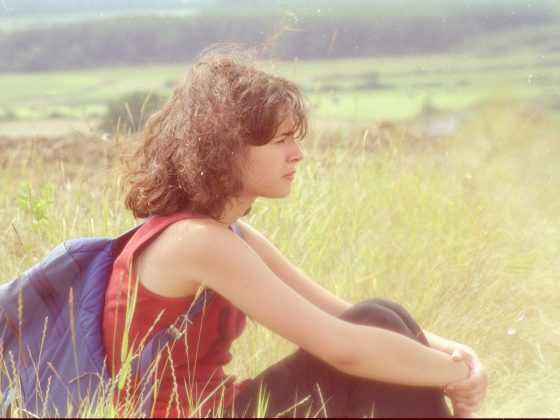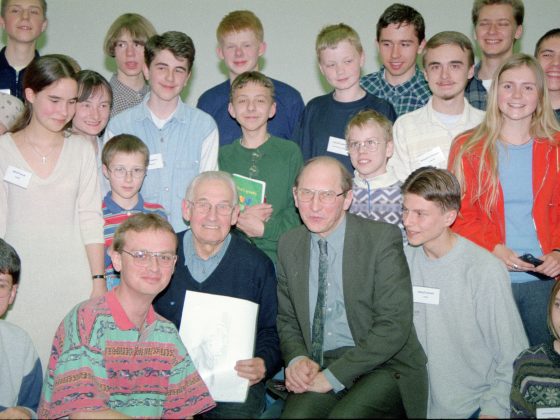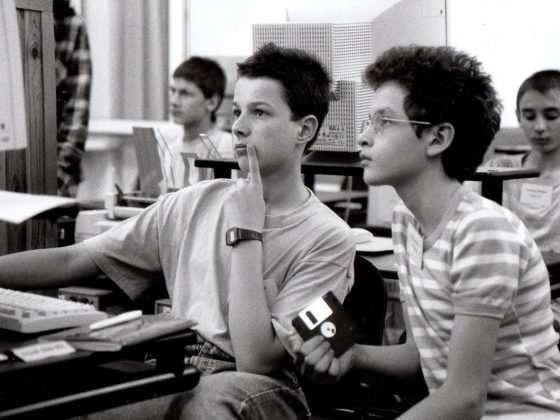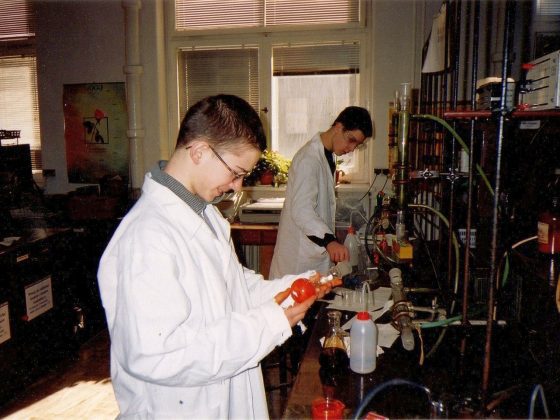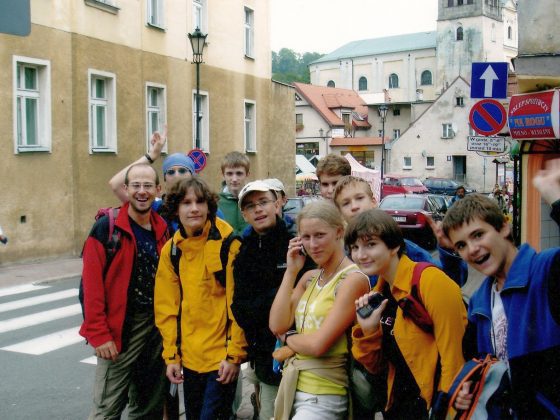Beginnings
The Polish Children’s Fund is one of the oldest Polish non-profits that helps gifted young people to develop their talents. It was founded on the 30th of May 1981 on the initiative of Ryszard Rakowski, a community-oriented economist and a man of great heart who spent 30 years tirelessly working on various initiatives to benefit Polish children and youths. The first chair of the management board of the Fund was Professor Jan Szczepański, a renowned Polish sociologist.
Professor Szczepański was the honorary chair from 1990 to 1998. Professor Jan Madey from the Institute of Informatics at the University of Warsaw was the chair of the management board from 1998 to 2020. At present the Fund’s board is chaired by Maria Mach.
Medical Care
The first challenge that the members of our association decided to tackle was improving the quality of child health care, especially in the field of perinatology. It is difficult to overestimate the Fund’s contribution to the radical changes that have occurred in the treatment of premature babies and to the training of the doctors who take care of them. At the very beginning, all the financial resources raised for this purpose were obtained from UNICEF Poland and crowdfunding. Later, thanks to help from the Office of the Committee for European Integration, we were also able to secure donations from the governments of Italy, Japan, and Switzerland, as well as from the European Commission. Coupled with support from our in-country partners, e.g., City Handlowy Bank (formerly Bank Handlowy in Warsaw JSC), this enabled us to purchase medical equipment for several children’s hospitals, with priority given to surgical, anaesthesiology and neonatology wards. Between 1983 and 2006, a total of PLN 5.3 million was spent on such equipment, including surgical instruments used to operate on new-born babies, liver and kidney transplant sets, cystoscopes, laminar airflow tents for patients undergoing bone marrow transplantation, intensive care incubators, neonatal ventilators and respiratory support devices, infusion pumps, portable X-ray machines, and new-born cribs that allow for the implementation of the rooming-in practice.
In parallel, mainly thanks to cooperation with the US-based Children’s Medical Care Foundation (https://www.cmcf.org/), the Fund made it possible for 57 anaesthesiologists, neonatologists, and paediatric surgeons to obtain advanced training in leading American and European teaching hospitals. In addition, 47 physicians from all over Poland participated in seminars on the most important developments in the treatment of new-borns and infants. These seminars were organised by the IPOKRaTES Association and taught by world-renowned experts. As a result of all these actions, the infant mortality rate in Poland dropped spectacularly from 163.8 per 1,000 live births in 1990 to 66.6 per 1,000 live births in 2005.
Apart from providing hospitals with direct support, the Fund launched several public education campaigns that aimed, for example, to promote compliance with WHO standards for neonatal care and to disseminate knowledge about the needs of sick and disabled children. We advocated novel approaches to treatment and rehabilitation (e.g., in the case of autism), the humanisation of birth, as well as breastfeeding and the implementation of the rooming-in practice in maternity wards. Furthermore, we also funded access to the latest publications in medical sciences and enabled the release of the Polish translation of the excellent Nelson Textbook of Pediatrics.
The Fund also focused its efforts on improving children’s hospital experience. To promote improving the wellbeing of children in hospitals, we published a brochure and a poster, as well as another poster displaying the guidelines of the European Charter for Children in Hospital. We also supplied hospitals – in particular, wards where the most seriously ill children are treated – with audio-visual equipment and toys (such as Lego), thus giving these little patients a chance to distract themselves from their suffering.
We emphasised that safety needs are not the only ones that have to be satisfied: children, including those that are ill, should also be able to realise their full potential. Thus, we highlighted the necessity of creating opportunities for play, recreation, and education in the hospital setting, all of which are crucial to a child’s proper development. We also promoted the idea that sick children have a right to education – both at home and in hospital.
Helping the Gifted
In 1983, the management board of the Fund adopted a resolution to support exceptionally gifted children and young people. This decision marked the beginning of our efforts to ensure that the largest possible number of Polish students have the right conditions to develop their talents fully. In 1983/84, when the programme was inaugurated, scholarships were offered to 56 talented pupils. Initially, until 1988, our scholarship holders received a small monthly stipend; however, from the very onset of the programme – rather than offering financial help – its founders tried to give students the opportunity to liaise with scientists and to enable young artists to showcase their works to the wider public. The first such meetings between talented youngsters and researchers took place in 1984 at the Faculty of Physics and the Institute of Informatics at the University of Warsaw, as well as at the Institute for Nuclear Problems in Świerk.
The classes that were offered in collaboration with various research centres and art institutions gradually became the mainstay of the Fund’s offer. Apart from the specialised workshops, the interdisciplinary camps that focused on science and/or general development turned out to be another crucial element of the Programme. The focus of their curricula, which were drawn up with support from academics and psychologists from the University of Warsaw, was to foster young people’s inquisitiveness and open-mindedness towards other fields of study, as well as to equip them with teamwork and communication skills. This was a highly innovative approach and was something sorely needed by talented students who had only previously experienced formal education.
Classes for the artistically and musically gifted also became an important part of the Programme. The first step was to provide such students with the opportunity to showcase their talents at dedicated concerts and exhibitions. In the next stage, we launched specialised classes for these scholars. Annual music workshops have been taking place each year since 1994, initially in Zakopane and then (as Chamber Music Workshops) in the Krzysztof Penderecki European Centre for Music in Lusławice. A group of educators from the Polish Federation of Musicians, headed by Professor Zenon Brzewski and Professor Alina Górska, contributed immensely to these classes.
In the 1990s the Meetings in the Polish Borderlands were launched. These summer camps in different lesser-known parts of Poland every year became one of the Fund’s most singular and valuable initiatives. The curriculum of the camps, originally devised by Ryszard Rakowski and still implemented today, combined artistic instruction with a range of general development classes, largely related to the history, culture, and natural assets of the places visited during these camps. By 2009, young people with artistic and humanistic interests had visited 16 towns and villages in the peripheries of Poland. This allowed them not only to explore some remarkable and culturally significant places but also to positively affect local communities thanks to concerts and exhibitions for the general public. Since then the camp has been run under the name Rzeczpospolita Mniej Znana.
The current form of the programme for exceptionally gifted students – known since 2020 as the GIFTED Programme (Program ZDOLNI) – was achieved towards the end of the 90s. Since then, it has been subject to various improvements and modifications so it can continue to meet the needs of young people.
None of the help we have been providing to the exceptionally gifted would be possible without generous financial support. In 1990–2010, we mainly received subsidies from the Ministry of National Education and the Ministry of Science (the Scientific Research Committee), and, since 2001, also from the prime minister’s general budget reserve. The donors to the Programme also included the Ministry of Culture, Nestlé Poland and the Polish Society of Authors and Composers (ZAiKS). In 1993, we also received funds from the Commission of the European Communities (as the European Commission was called at that time), the Stefan Batory Foundation, The Citi Handlowy Leopold Kronenberg Foundation, the “ORLEN – DAR SERCA” Foundation, the J&S “Pro Bono Poloniae” Foundation, and the BRE Bank Foundation.
Next Steps
All the years devoted to running and improving the GIFTED Programme resulted in our tutors and volunteers amassing a great deal of knowledge and experience. This expertise not only concerned tackling the problems faced by exceptionally gifted people, taking care of their needs, and devising appropriate working practices: we also discovered what a suitable school setting ought to look like. Having gathered many observations and opinions, we realised that this knowledge should be shared, especially with the teachers themselves. After all, they tend to be the ones who endeavour to support curious and enthusiastic students, even though the education system as a whole has little to offer to these children.
The first step was taken by two of the Programme’s alumni: Marcin Braun and Maria Mach. They prepared a guide for parents and teachers entitled Zdolne dziecko. Pierwsza pomoc (A Gifted Child. First Aid). Seven thousand copies of this handbook were published and distributed free of charge by the Fund in 2017. An electronic version can also be downloaded from our website.
Subsequently, we sought to directly assist teachers who are willing to foster their students’ passions and interests but want to work in unconventional ways. In 2017, operating under the patronage of the Copernicus Science Centre in Warsaw, we began by establishing cooperation with the Young Explorer’s Clubs network. The curators of these clubs were the first teachers selected to take part in study visits to the Interdisciplinary Science Camp and the Interdisciplinary Summer Meetings. One year later, thanks to support from the Credit Suisse Foundation, we launched the pilot edition of the Inspiratorium programme, and the next one took place in 2019. This programme targets teachers from all over Poland, in particular those working in small villages that are not near cities with renowned higher education institutions. Although the 2020 edition of Inspiratorium had to be cancelled due to the pandemic, we are determined to continue this programme as well as improve it and expand its scope in the coming years.

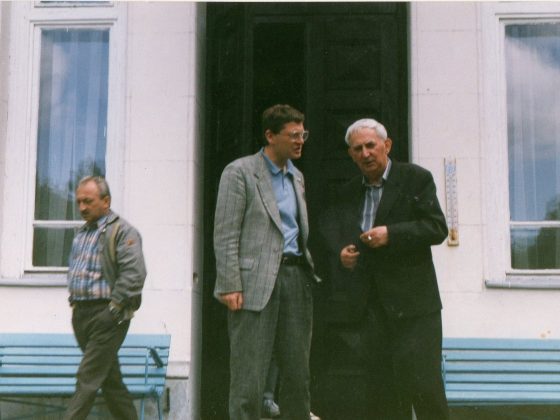
Gustaw Holoubek and Prof. Andrzej Sękowski during the camp in Jadwisin in 1991, Polish Children’s Fund
